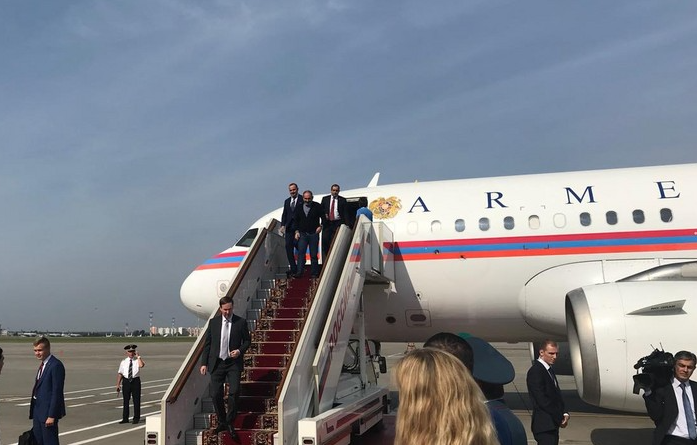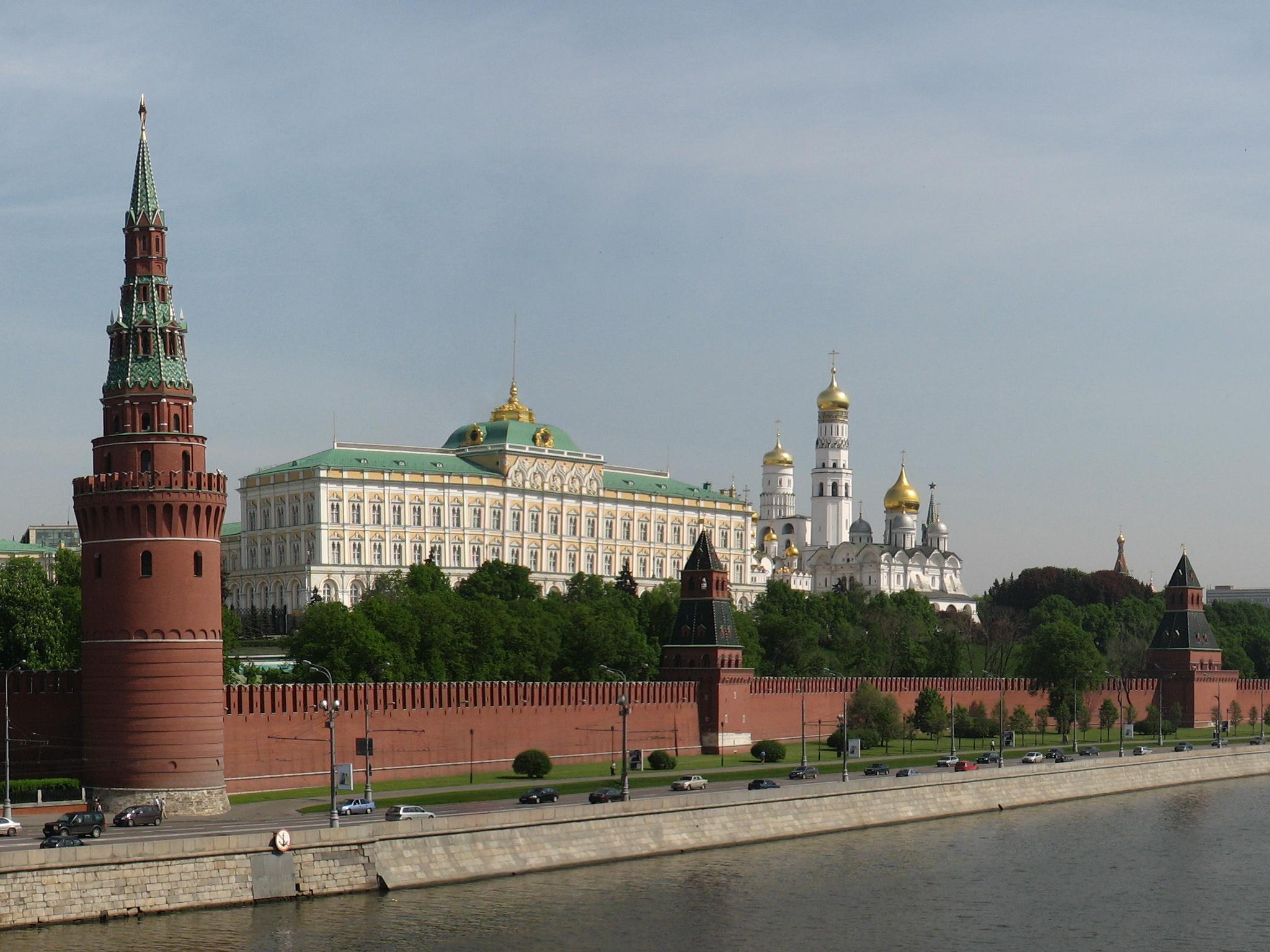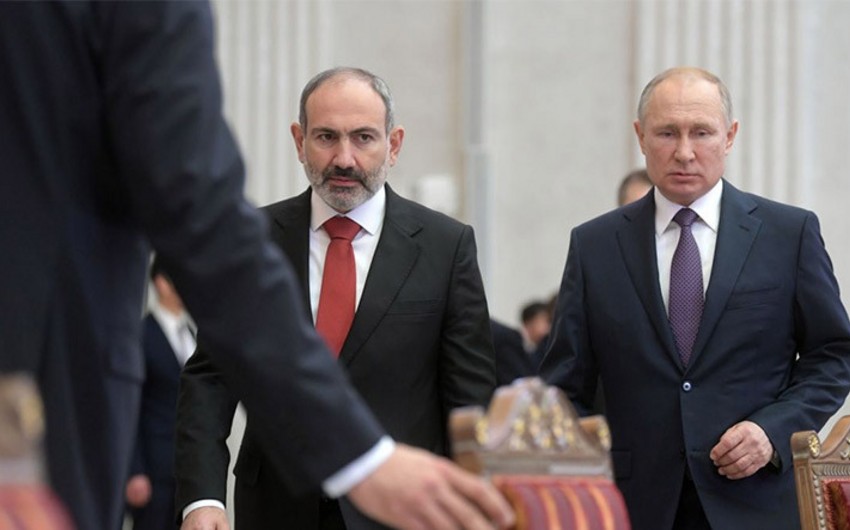Secrets of Pashinyan's visit to Moscow
Acting Prime Minister of Armenia Nikol Pashinyan is paying a working visit to Russia today. He will reportedly discuss the situation on the Azerbaijani-Armenian border with Russian President Vladimir Putin. However, the details are not known to the public.
On June 20, Armenia held snap parliamentary elections. Nikol Pashinyan's party won the election with about 54 percent of the vote. The My Step Party will again form the new government, which means that Pashinyan will be prime minister again. Usually, such visits take place after the formation of the government. But Pashinyan's quick, hurriedly visit calls into doubt. He may be invited to Russia for a business meeting to be instructed by the Kremlin before forming a new government.

Russia's blessing on Pashinyan's new government
Pashinyan's first government had anti-Russian ministers, about whom Moscow worried. Pashinyan tried to win the Kremlin's heart at a later stage by appointing them to other positions. However, Russia was dissatisfied with him. During Pashinyan's nearly three years in office, the Kremlin has shown itself to be unequivocally unhappy with him. In this regard, Russia, drawing on previous years' experience, may invite Pashinyan to Moscow to look at the new government and bless the future Cabinet of Ministers.
Moreover, the Armenian parliament experienced severe changes. Earlier, the pro-Russian Prosperous Armenia Party and the pro-European Enlightened Armenia Party were represented in parliament. Now they will be replaced by pro-Moscow figures such as Robert Kocharyan under the name "Armenian Alliance" and Serzh Sargsyan and Artur Vanesyan with the bloc "I have an honor." It can be considered a special message from the Kremlin to Pashinyan, his team, and sponsors.
Pashinyan's ignorance of the trilateral statement and the instructions of official Moscow
Kocharyan, whose trial is still underway, has been released from prison. He joined the parliamentary elections and is still presented as the main opposition leader. These two blocs are a key factor for Russia in the Armenian parliament and threatening groups for the government. Therefore, the Kremlin may have called Nikol Pashinyan not to repeat the mistakes he made earlier. His last visit to Moscow was paid on April 7. At that time, Putin and Pashinyan discussed issues of regional cooperation.

He visits Moscow a day after a fire opened by illegal Armenian troops on Agdam in Azerbaijan, which is under the control of Russian peacekeepers. One of the conditions of the trilateral statement signed on November 10 is the complete withdrawal of Armenian troops from the territory of Azerbaijan. However, Armenia does not comply with this article, and Russia will probably draw Pashinyan's attention to this issue. Because Azerbaijan's return to the Collective Security Treaty Organization (CSTO), established at the initiative of Russia, is also one of the topics discussed.
Ongoing provocation of official Yerevan
Notably, Azerbaijan was a member of this organization from September 24, 1993, to April 2, 1999. However, he left the organization due to the Armenian occupation. It can be assumed that this issue can be resolved positively again if Azerbaijan's conditions are fully met. Armenia is still moving slowly in this direction. Official Yerevan commits provocations regarding the Zangazur corridor, the withdrawal of troops from Azerbaijani lands, and the state border settlement between the two countries. Therefore, Moscow representatives can hold talks with Pashinyan in this direction.

Russia's ambassador to Yerevan, Sergei Kopyrkin, spoke about the issues to be discussed at the meeting between Putin and Pashinyan: "The leaders will discuss issues they consider important. Of course, considering the current situation, the sides will discuss issues of security." According to him, the parties will determine the steps to deepen future ties after the elections.
All these factors mean that Pashinyan visited Moscow not on his initiative but at the invitation of the Kremlin. It will be known after the first session of the new Armenian parliament, which is expected to be held on July 17.


 https://static.report.az/photo/1307be65-4b5a-3532-8a1a-99bf3c49a429.jpg
https://static.report.az/photo/1307be65-4b5a-3532-8a1a-99bf3c49a429.jpg

